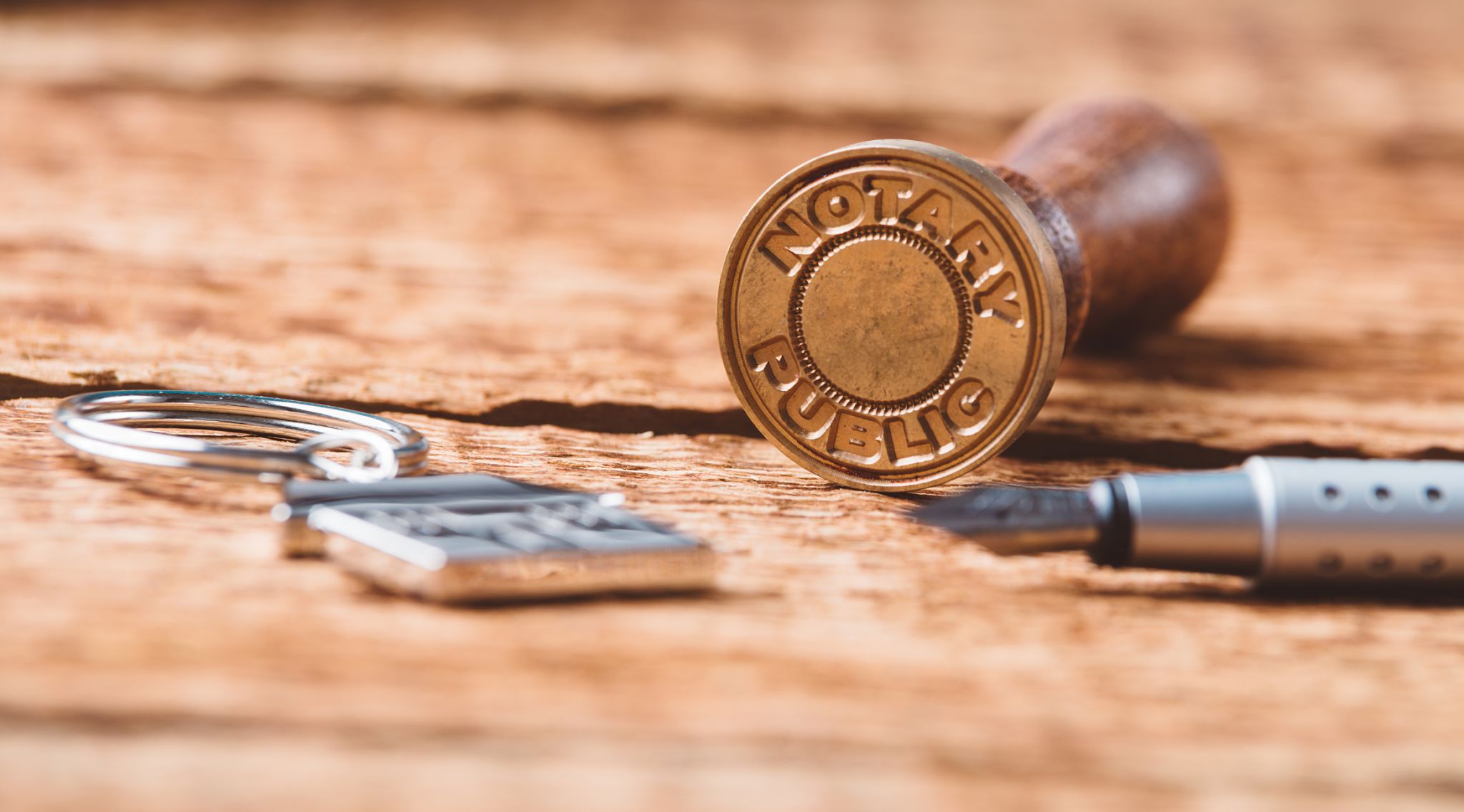Notarization Myths: What You Need to Know
Understanding Notarization
Notarization is a crucial process in verifying the authenticity of documents, but it's often surrounded by myths and misconceptions. Understanding what notarization truly entails can be beneficial for both personal and professional dealings. In this post, we'll debunk common myths and provide clarity on what you need to know about notarization.

Myth 1: Notaries Are Responsible for the Content
A common misconception is that notaries are responsible for verifying the content of the documents they notarize. In reality, a notary's role is limited to confirming the identity of the signatories and ensuring their willingness to sign. They do not review or validate the document's content for accuracy or legality.
Myth 2: Any Document Can Be Notarized
While notarization is applicable to many documents, not every type can be notarized. Documents missing essential elements like signatures or legal prerequisites may not qualify. It's important to understand that certain documents require specific notarization types, such as acknowledgments or jurats, depending on their nature and purpose.

Myth 3: Notarization Validates Legality
Another prevalent myth is that notarization makes a document legal. In fact, notarization does not impact a document's legality but rather ensures that the signing process adheres to legal standards. It's crucial to consult legal professionals when in doubt about a document's legal standing.
Myth 4: Online Notarization Isn't Legitimate
With the rise of digital solutions, online notarization has become increasingly popular. Some believe that remote notarization lacks legitimacy; however, many jurisdictions recognize its validity. Online notarization offers convenience and security, adhering to stringent verification processes.

Benefits of Notarization
Apart from dispelling myths, it's important to highlight the benefits of notarization. Notarized documents reduce the risk of fraud by verifying identities and ensuring parties understand the document's implications. This process provides an additional layer of trust and reliability.
- Prevents fraud through identity verification
- Ensures voluntary participation
- Provides legal protection and credibility
Choosing the Right Notary
Selecting a qualified notary is essential for a seamless notarization process. Consider factors such as their credentials, reputation, and familiarity with the document type. It's advisable to consult local regulations to ensure compliance with all requirements.

Understanding notarization and dispelling common myths can enhance your confidence in handling important documents. By recognizing the limitations and benefits of notarization, you can make informed decisions and ensure your documents are processed correctly.